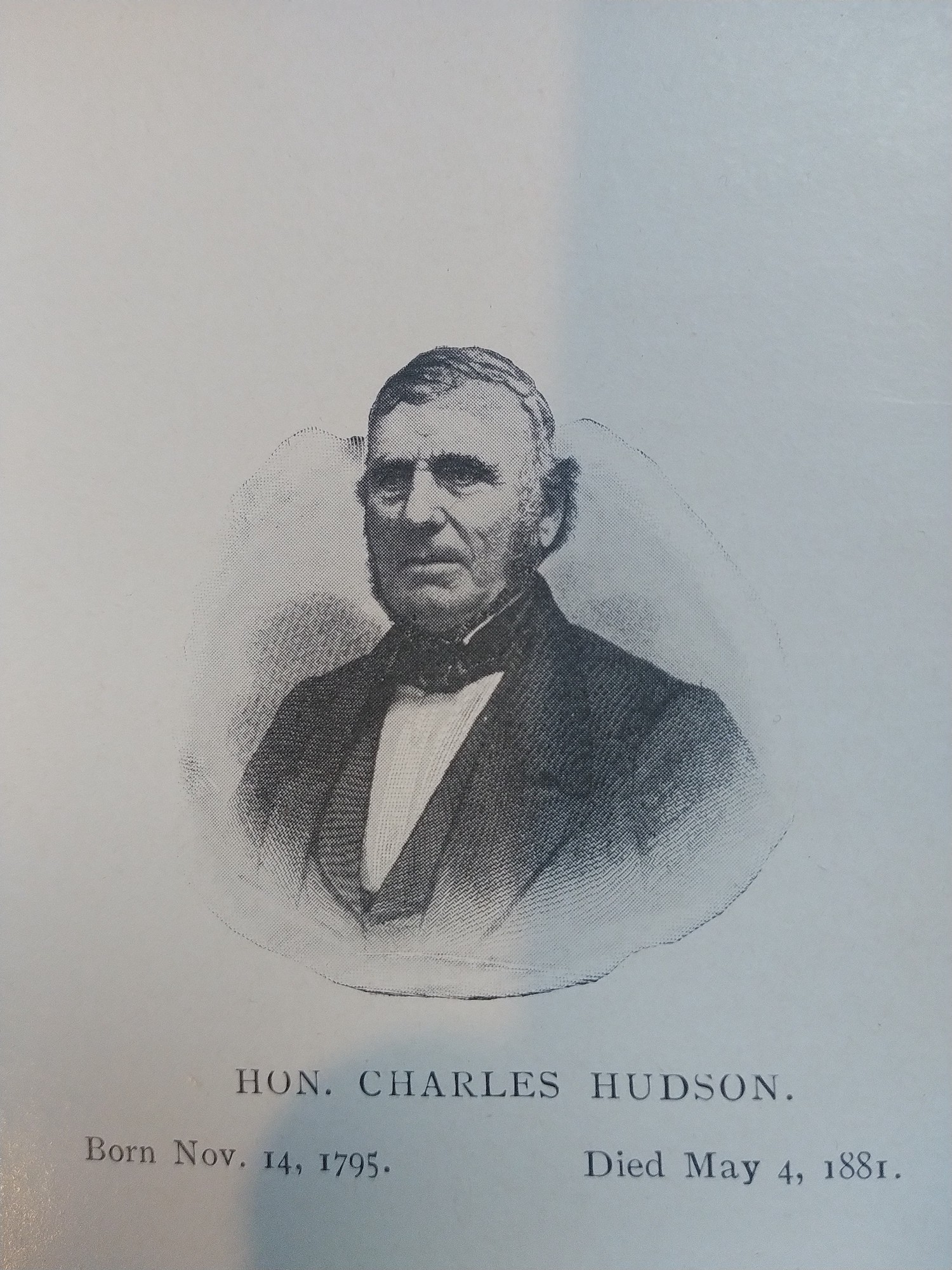
HUDSON – Hudson is mainly made up of parts of two different towns. The largest section had been part of Marlborough. Marlborough was once part of Sudbury and a section of the Sudbury Plantation.
The northern section of Hudson was a part of Bolton, which began as part of Lancaster. This area, known as the Nashaway Plantation, encompassed all of Bolton, Berlin, Clinton and Lancaster, as well as parts of six neighboring towns. In the time of the Sudbury Plantation during the colonial era, much of Hudson was known as the Indian Plantation. As white settlers arrived and began to farm, Hudson became known as Cow Commons.
The first known business was a grist mill, built on the north side of the Assabet River by John Barnes in 1698. Thus from 1700 to 1800, Hudson was known as The Mills. As the area grew and began to take on the look of a town, we became known as New City. This was the period from 1800 to 1828.
In 1801, Joel Cranston and Silas Felton opened a general store. Cranston later sold his share to Felton, and in 1828 the village acquired a new name, Feltonville. We were, however, still a part of Marlborough. Residents found it difficult to conduct business and attend meetings there. Think of the many steep hills along the way, today’s Route 85, and the kinds of transportation available. Thus the process of becoming our own town began.
One important order of business was what to name the new town. Silas Felton, merchant and the villages first postmaster, offered $1,000 if the town were named after him. Charles Hudson offered $500 should the town acquire his name. A vote was held and although a good many people chose Felton, the name Hudson had the majority.
In 1866, the Massachusetts General Court granted the petition and the legislature approved the new town of Hudson. So who was Charles Hudson? Hudson was born in 1795. His family lived where the Assabet Valley Regional Technical High School is today. He was apprenticed by Steven Rice at the Rice Farm, later the Brigham Farm, site of the Esplanade today.
Hudson was a minister, historian and public servant. For four years he was a member of the House of Representatives. He spent six years as a senator and six years on the Executive Council. He was also a congressman for eight years. He concluded his public service as a naval officer at the Custom House.
He wrote an excellent history of the Hudson-Marlboro area, a copy of which is in our library.
Charles Hudson passed away in 1881.
Hudson is a name our town can be proud of.












